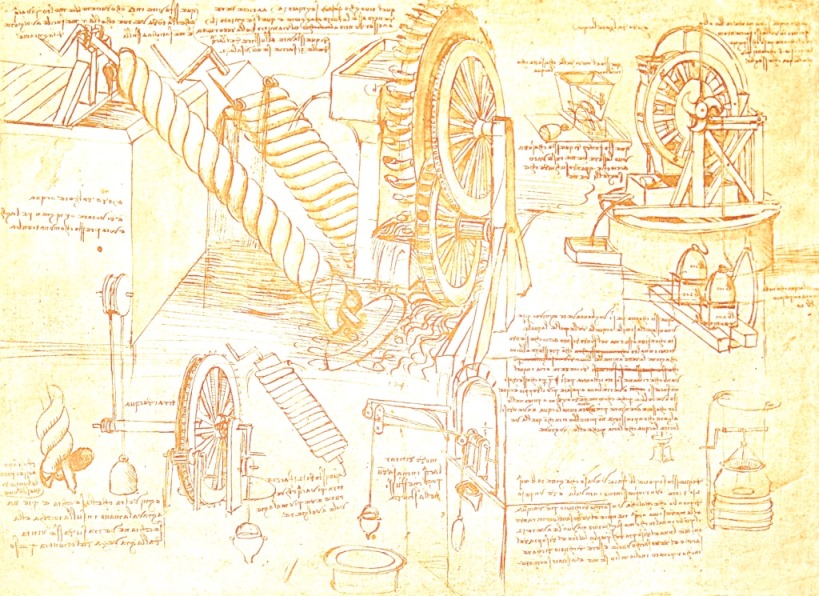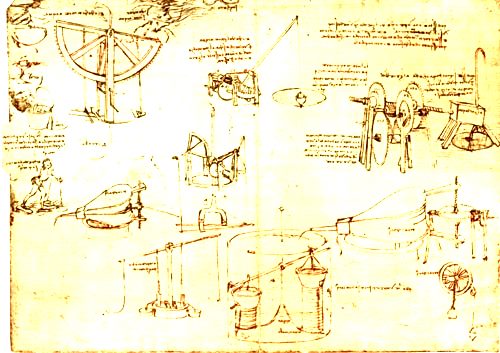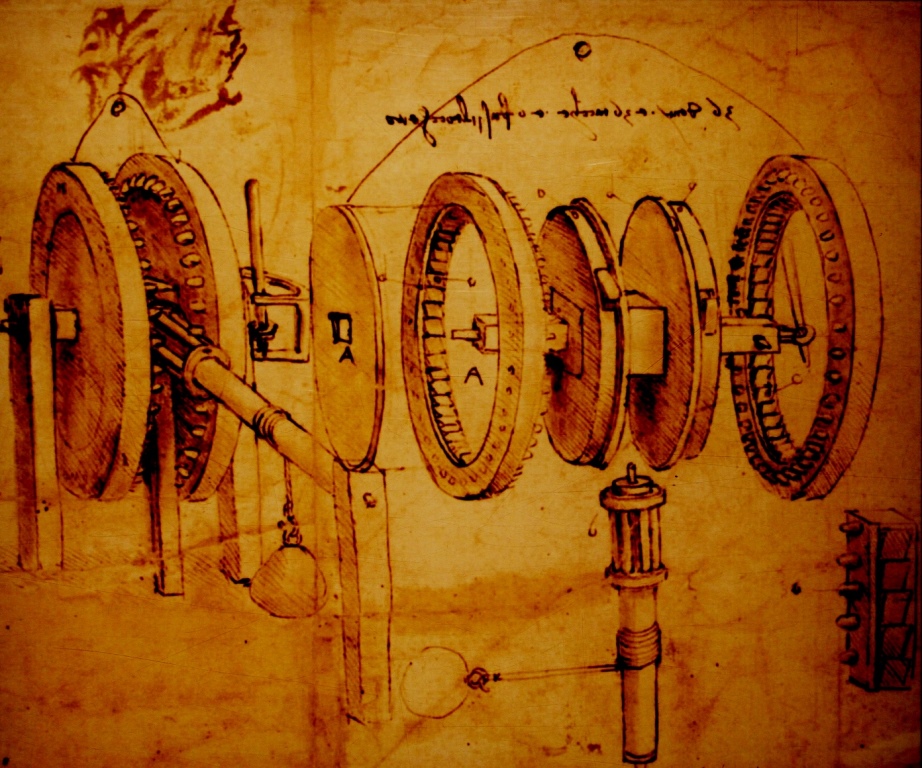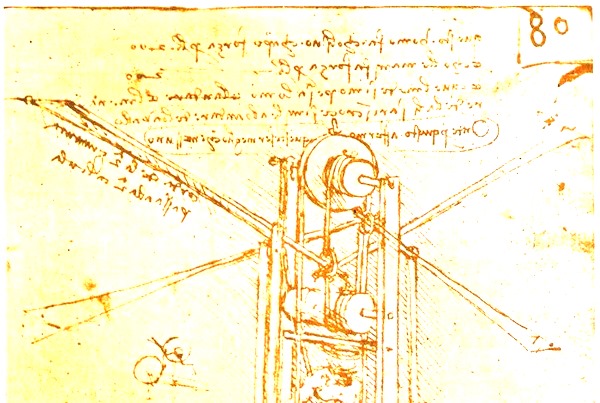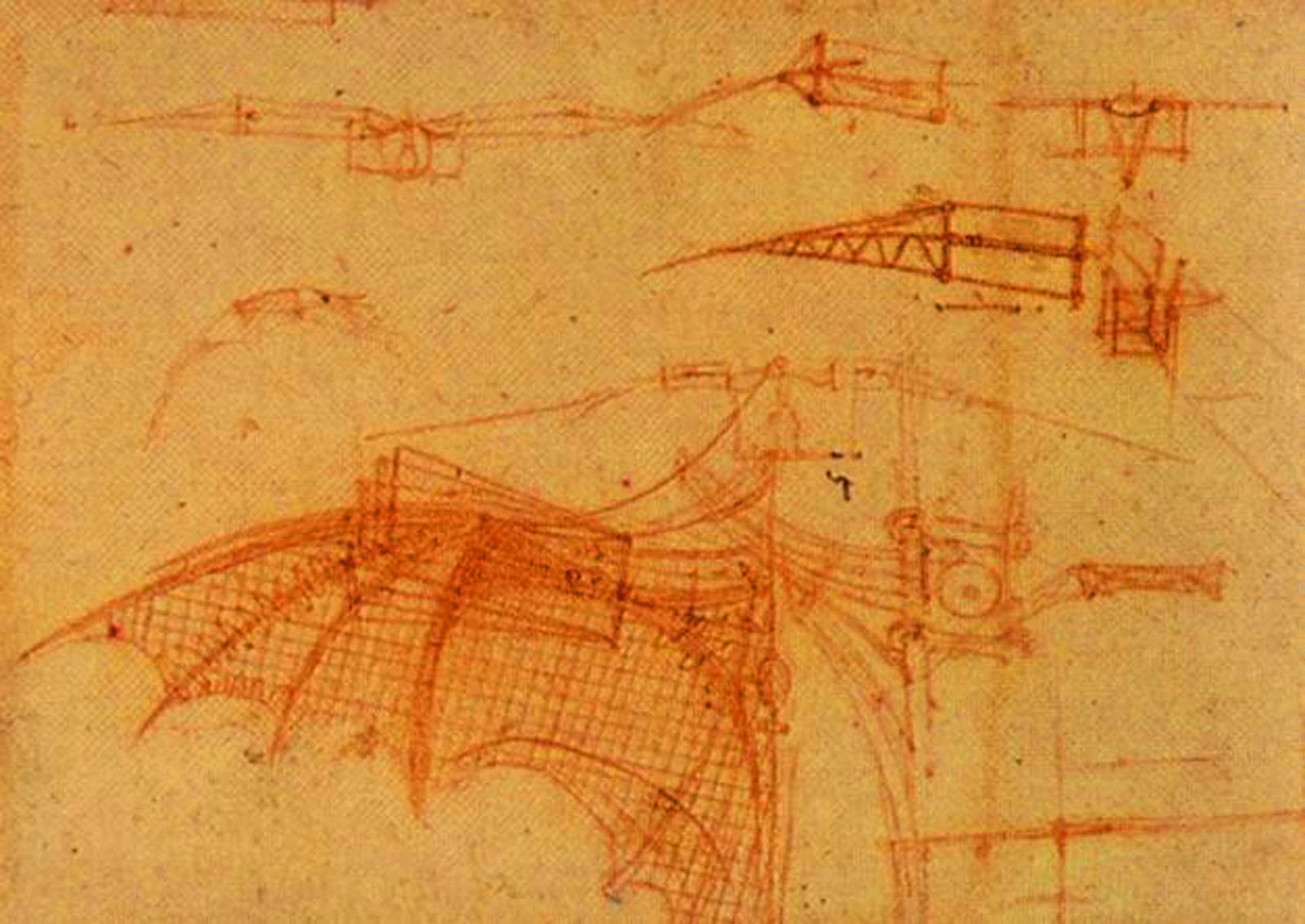“Studying history helps you see where you can have an effect. It helps you understand what happened—and what can happen.”
Alan Kantrow (1986, p. 87):
"Wise men say, and not without reason, that whoever wished to foresee the future might consult the past."
Machiavelli 1469-1527:
"If we always do what we always did then we should not be surprised then we should not be surprised that we always find what we always found."
(Drouin, Muller, Sankran 2013):
"We must study the present in light of the past for the purposes of the future."
Economist John Maynard Keynes writing during the Great Depression:
"History isn’t aimed at prediction, it is about understanding patterns and preparing ourselves to the future."
(Gaddis, 2002):
“We know the future only by the past we project into it. History, in this sense, is all we have.”
(Gaddis, 2002: 3):
"Human beings, who are almost unique in having the ability to learn from the experience of others, are also remarkable for their apparent disinclination to do so."
Douglas Adams, author of The Hitchhiker’s Guide to the Galaxy:
"To make no mistakes is not in the power of man; but from their errors and mistakes the wise and good learn wisdom for the future."
Plutarch, Greek biographer & moralist (46 AD - 120 AD):
"Many animals have memory but no other creature but man can recall the past at will."
Aristotle:
“The one who does not remember history is bound to live through it again”
George Santayana:
"The best of prophets of the future is the past."
Lord Byron:
“We know the future only by the past we project into it. History, in this sense, is all we have.”
(Gaddis, 2002: 3):
"Whoever wishes to foresee the future must consult the past; for human events ever resemble those of preceding times."
Machiavelli 1469-1527:
"This arises from the fact that they are produced by men (sic) who ever have been, and ever shall be, animated by the same passions, and thus they necessarily have the same results."
Machiavelli 1469-1527:
"No reputable scholar should ever begin a work without examining what has been done previously; no perceptive consultant should ever begin an assignment without inquiry into the historical basis of the problem at hand;"
Daniel Wren (1987, p. 342):
"No executive should ever embark on an acquisition or merger without a thorough investigation of the historical development of the firm it intends to approach; and no student who hopes to complete a thesis or dissertation should ever omit a review of the literature."
Daniel Wren (1987, p. 342):
"History is full of “repeats.” Whether we have simply collectively forgotten because of the passage of time or whether we see a way to improve on an old idea, when it comes to managing others, most concepts have been tried already—at least once.”
Daniel Wren (1987, p. 342):
"Have we made so little progress because we have ignored the past and spent our time coining new terminology and reinventing the wheel?”.
Daniel Wren (1987, p. 342):
"In a sense while history certainly informs the present, ideas and perspectives of the present may provide alternative explanations and perspectives for understanding the past."
Preble, Hoffman 2012:
“Each lesson [students learning from history] highlights the fact that the past exists in a reciprocal relationship with the present.”
Arthur Bedeian (2004, p. 93):
“Just as the past is seen through the eyes of the present, the present is judged in an unending dialogue with the past.”
Arthur Bedeian (2004, p. 93):
“To make no mistakes is not in the power of man; but from their errors and mistakes the wise and good learn wisdom for the future.”
Plutarch, Greek biographer & moralist (46 AD - 120 AD):

